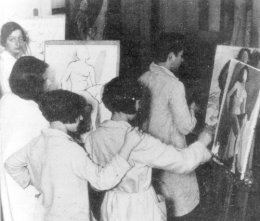Ella Shohat is Professor in the Departments of Art & Public Policy and Middle Eastern Studies and affiliated with the Department of Comparative Literature at New York University. Among her books are Talking Visions: Multicultural Feminism in a Transnational Age; Israeli Cinema: East/West and the Politics of Representation; and, with Robert Stam, Unthinking Eurocentrism, winner of the Katherine Singer Kovacs Award.
“Amplitude, in both scope and wavelength, is the operative word for these essays. Each essay breaks out a cascade of examples—the sheer wealth of citation alone makes this volume exceptional. Its vibrant combination of skepticism and generosity is Ella Shohat’s trademark.”—Mary Louise Pratt, author of Imperial Eyes: Travel Writing and Transculturation “Ella Shohat’s writing explores the volatile border regions where feminist theory meets anticolonial thought and where the politics of culture encounters the powers of imperialist reason. What she writes is important, inspiring, and fearless.”—Timothy Mitchell, author of Rule of Experts: Egypt, Techno-Politics, Modernity “From her keen observations about the politics of knowledge production in the U.S. university, to her canny elucidation of the gendered geographies of colonial cinema, to her critical engagements with post-Zionist discourse, Ella Shohat’s bold intelligence is unparalleled. This volume collects her key interventions that have shaped and illuminated the debates we have come to know as multiculturalism, postcolonial discourse, and transnational feminism.”—Lisa Lowe, coeditor of The Politics of Culture in the Shadow of Capital “[T]he collection functions as a window onto the issues and dilemmas confronted by an interdisciplinary cultural studies since the late 1980s, namely, the concerns raised by multiculturalism, transnational feminism, diaspora, and postcolonialism. However, the larger accomplishment of the volume is that it reveals a pioneering mode of cultural criticism that may be definitively viewed as a ‘post-orientalist’ practice of knowledge. . . . As an essayist, [Shohat] has a knack for constructing a platform of inquiry through a prism of complexities and interrelationships, and for scrutinizing a given phenomenon of culture along multiple axes, investments, and stakes. These qualities make this a valuable book, and we may hope that more from Shohat is in the works.”
Saloni Mathur
CAA Reviews

